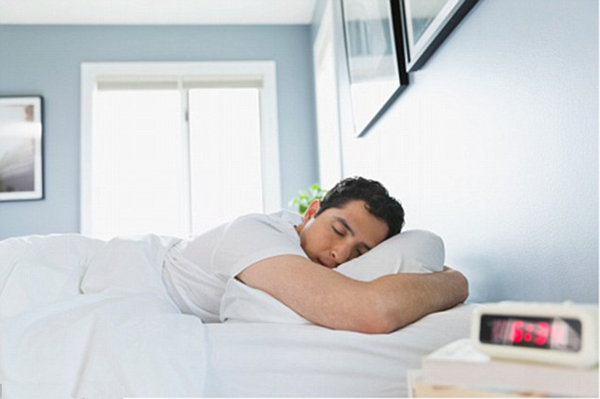Sleep irregularities may be tied to a variety of health problems, such as diabetes and obesity, that can increase the risk of cardiovascular disease, a leading US doctors group says.
The risk may go up when people get too little sleep, or too much, according to a statement from the American Heart Association (AHA).
“We do not know the optimal amount of sleep needed to minimise the risk of heart disease,” but people who get less than seven hours a night or more than nine hours may be more at risk than their peers who fall somewhere in the middle of that range, said lead statement author Dr Marie St-Onge of Columbia University in New York City, in an e-mail.
Previous research suggests that sleep irregularities can increase people’s risks for a variety of cardiovascular disorders, such as clogged or hardened arteries, high blood pressure, irregular heartbeat and stroke as well as metabolic problems such as high cholesterol, obesity and diabetes that all contribute to cardiovascular disease.
“There is certainly a vicious cycle that may be going on with sleep and chronic diseases,” St-Onge added. “Bad sleep can increase the risk of obesity which then increases the risk of sleep disorders.”
Much of the scientific research about sleep and heart health focuses on insomnia or sleep apnoea.
People are diagnosed with insomnia when they have difficulty falling or staying asleep for at least three nights a week for three or more months.
Sleep apnoea is diagnosed when someone has an average of five or more pauses in breathing, which can last seconds to minutes, per hour of sleep. These pauses are most commonly due to a narrowed airway.
Often, these sleep issues are tied to two other health problems: diabetes and obesity. Some studies have found sleep can influence what people eat and impact their risk of obesity, for example.
But more research is needed to see how sleep influences weight over long periods of time, according to the AHA statement.
Longer studies might also help explain how sleep variations influence cholesterol levels, diabetes, blood pressure or other risk factors for cardiovascular disease.
It’s also unclear whether treating sleep disorders could lower the risk of cardiovascular disease.
“The problem is that chronic diseases, like cardiovascular disease, develop gradually,” said Kristen Knutson, a researcher at the University of Chicago who wasn’t involved in the AHA statement.
“So it’s possible that someone could be on the path toward hypertension or heart disease and not know it because it’s early in the process,” Knutson added by e-mail.
Still, if poor sleep can speed the development of risk factors for cardiovascular disease, it makes sense for people to seek help for sleep irregularities sooner rather than later.
“My suggestion for patients is if they don’t feel they are sleeping well, they should raise the issue with their doctor themselves; don’t wait for your doctor to ask you about your sleep,” Knutson said.
About 50 to 70 million US adults regularly don’t get enough sleep or suffer from a sleep disorder, the National Heart, Lung, and Blood Institute estimates.
It’s a problem that’s been getting worse over time. For example, in 2009, about 29 per cent of adults reported getting not enough sleep, compared with about 22 per cent in 1977.
The American Academy of Sleep Medicine and Sleep Research Society recently advised that adults get at least seven hours of sleep nightly to promote overall health.
“Heart disease is only one way things can go wrong, and poor or too short sleep can send people into a spiral,” said Till Roenneberg, of Ludwig-Maximilian-University, Munich, Germany.
“Sleeping too short and even more important — sleeping outside the time provided by the body clock — can support metabolic diseases and weight gain, which can lead to more creating difficulties, which lead to bad sleep sending you back into the loop,” Roenneberg, who wasn’t involved in the AHA statement, added by e-mail.
